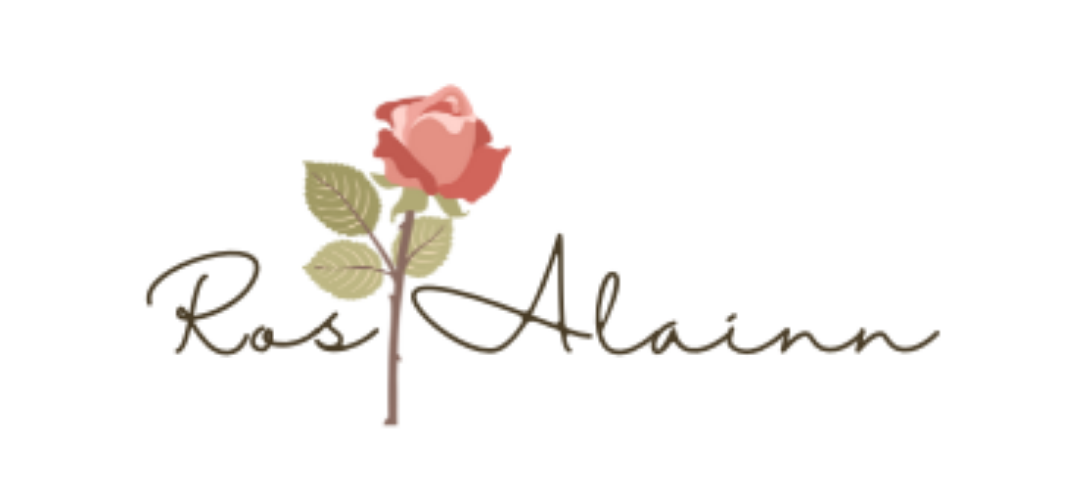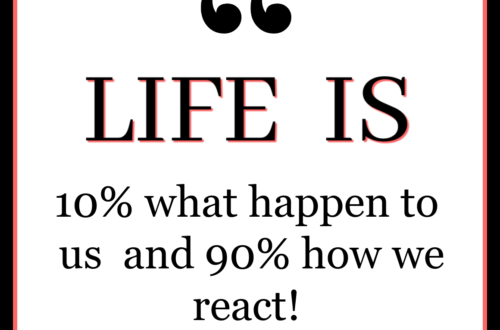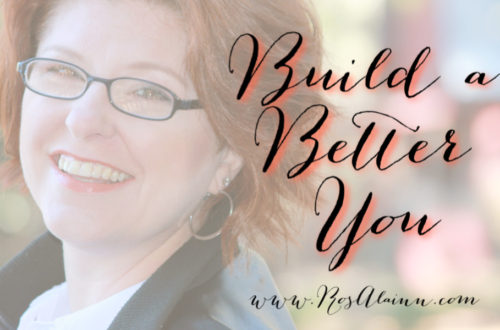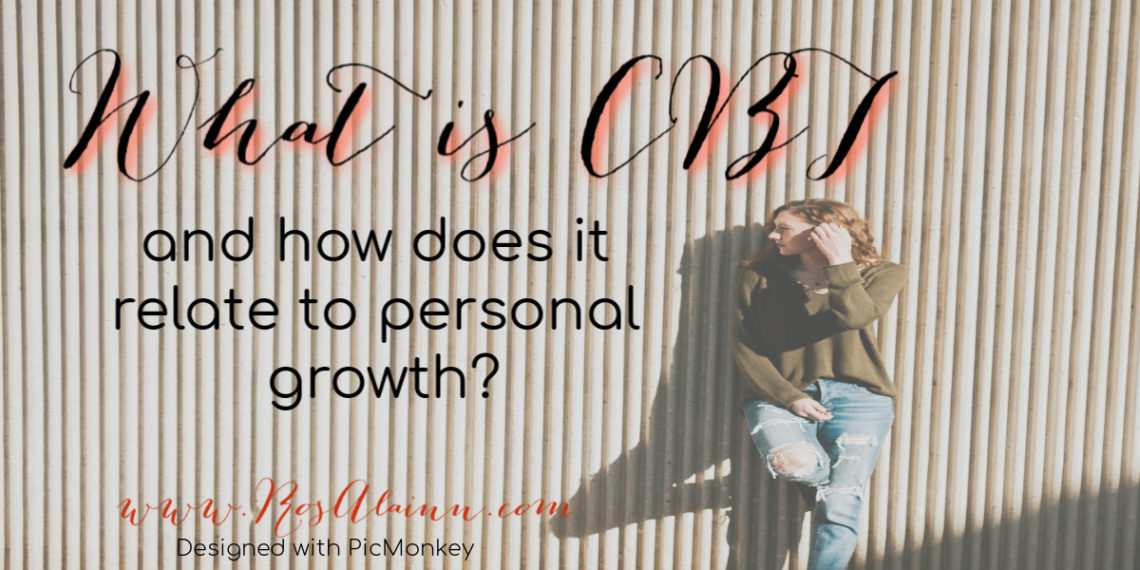
What is CBT and how does is relate to personal growth?
What is CBT
...and how does it promote personal growth? I am not a therapist and I am not here to give you therapy. What I am here to do is introduce you to a mindset/theory that completely changed my life, the cognitive behavioral theory. In understanding what it is and the tools used to master it, you will see that you have less anxiety, reduce stress, and increase your coping skills.
I spent years being taught the key elements of CBT for myself, many personal therapy sessions. I know, for myself, this was one of the best decisions I have ever made and I encourage you to have an open mind about the possibility of it being beneficial to you as well.
Like I said, I spent years learning the element of this theory but have never taught these elements to others. My goal is to be your coach not your therapist, standing with you as you seek answers in controlling your anxiety and reducing your stress. Seeking answers to the tough questions. Finding answers that really help you in all aspects of your life.
This theory takes effort on your part. You have to do the work. You have to be committed to practicing the key elements in your own personal life to receive the benefits.
What is cognitive behavioral theory?
The cognitive behavioral theory is based on the cognitive model where a person’s thought has a direct impact on their feelings and actions. An example would be…
An Example
You find your husband wants to spend a night out with his friends. That would be the situation. This would then create automatic thoughts. For this example, the thoughts are “I must not be making him happy, I am doing something wrong, he must not love me anymore”. You then build meaning around the situation and those thoughts. Something like, “he is looking for a way out of the relationship and is creating distance”. And, just like that, these thoughts create feelings and emotions. So now, those thoughts are creating sadness, anger, and of course, worry. Now your actions reflect the feelings. You are now seeking assurance in your relationship. Checking up to make sure he is where he says he is. Maybe even demanding him to spend more time with you.
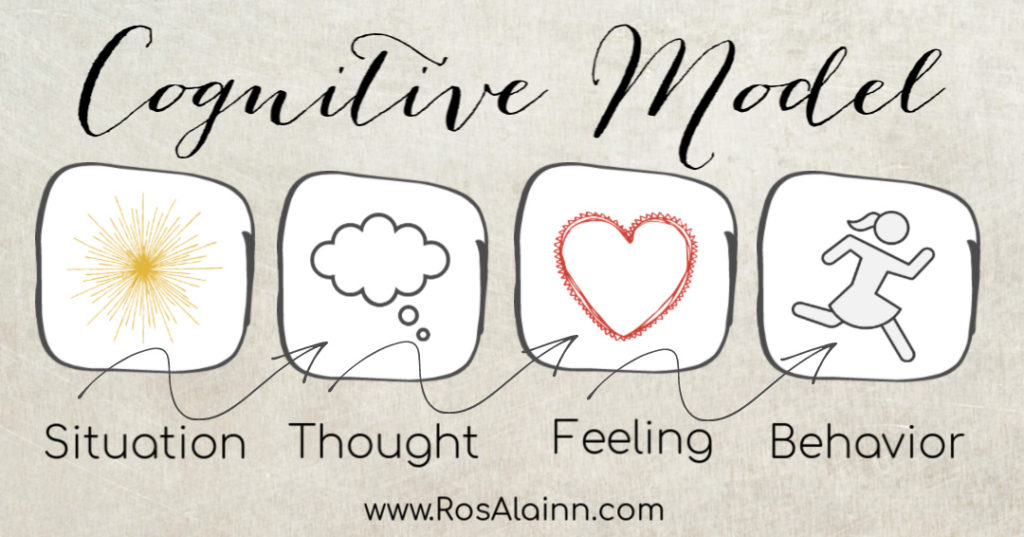
See what I mean, a simple boys night out was just blown out of proportion due to a thought.
His night out could literally have nothing to do with you and your relationship.
Maybe not the best example, but it is a situation that I am familiar with. Thoughts like these were my contribution to my first marriage. Persistent thoughts like these are certainly not healthy in any marriage, good or bad.
Situations
Think of your situations as triggers. A situation could range from something serious as a health scare or loss of a loved one, to someone not taking the trash out when asked. Each situation will evoke different emotions and feelings based on one thing...the automatic thoughts you have at the onset of the situation.
Automatic Thoughts
Automatic thoughts are the thoughts you have at the very onset of a situation. The first thing that comes to mind. These thoughts are usually formed based on your core beliefs, which we will get into in a later post. The thing is that these thoughts can be based on reality or one's perception of reality. The key is to find out which one is fueling the thought. Automatic thoughts are powerful in the fact that they can create. They are what create the feelings or emotions.
Feelings/Emotions
Feelings and emotions can be good for us or they can be dangerous if they are created from a thought developed from a self-limiting belief. Did your automatic thought concerning a situation create a good feeling or emotion or one that brings anger, stress, or anxiety? Now ask yourself this question. Are your feelings and emotions justified by your thoughts? Are your thoughts concerning the situation based on reality or your perception of reality?
Action
With every situation comes thoughts, feelings, and emotions. Those feelings and emotions are what drive your behavior. They are the fuel behind what determines your response. Will you respond out of fear or anger? Or, maybe you respond out of patience and kindness. It is really all up to you. Not the other person or the situation, but you.
What is my focus?
With over 10 years of personal research and self-study, my overall approach to life has been influenced by this theory. My focus and purpose is to introduce you to cognitive behavioral theory. Provide you with the tools and resources to help you master the thought feeling action triad. I will introduce you to the key elements to the cognitive behavioral theory and how they can play a role in your life so you can have more control over the only thing you have control over, YOU.
I will speak to you from where I am on my journey. Sharing everything I have learned from my own research, study, and personal therapy sessions. The more I learn the more I will share with you.
How will this benefit you?
Most people go into a mindset, therapy technique with a bit of skepticism. That is understandable. First, everyone knows as human beings, we don’t like change. Second, it takes work on our part as individuals. We have to be committed to the outcome. Most of us won’t do the work until the need to change is greater than the need to stay the same. We have to truly be uncomfortable with where we are and want more.
This theory, used as therapy, has been shown to provide great results for reducing stress and anxiety. As you can see, it has even had great results at relieving for several different disorders.
As I have said, I am not here to be your therapist, but want to be your coach. Providing you with the information you need to make a decision for yourself. Is this for you, maybe so. I know it was definitely for me. It brought calmness to my mind. I know longer have that burning, uneasy feeling in my core that is so prevalent with anxiety. I overcame my depression.
I know with work and your understanding of the cognitive behavioral theory, you too could relieve your stress and anxiety and hopefully improve your depression.


